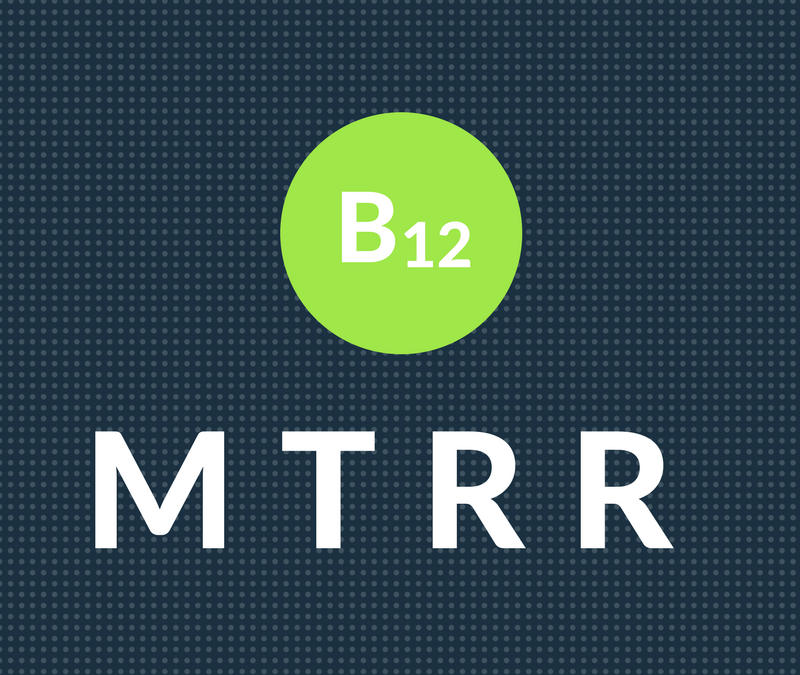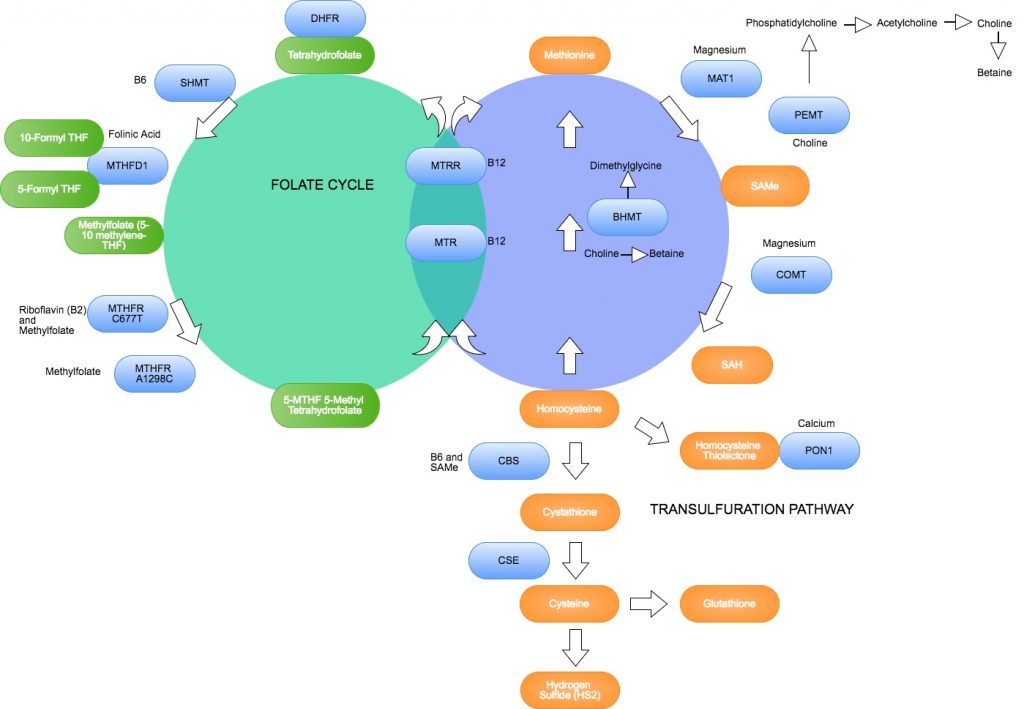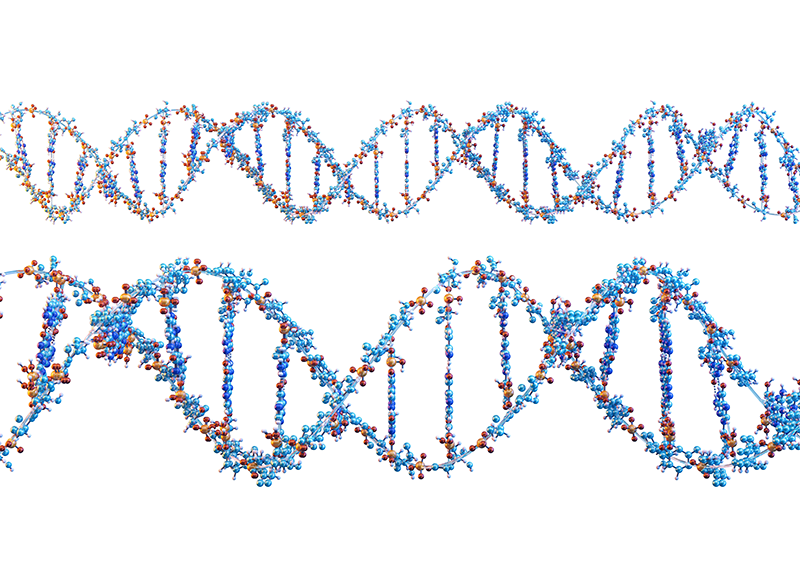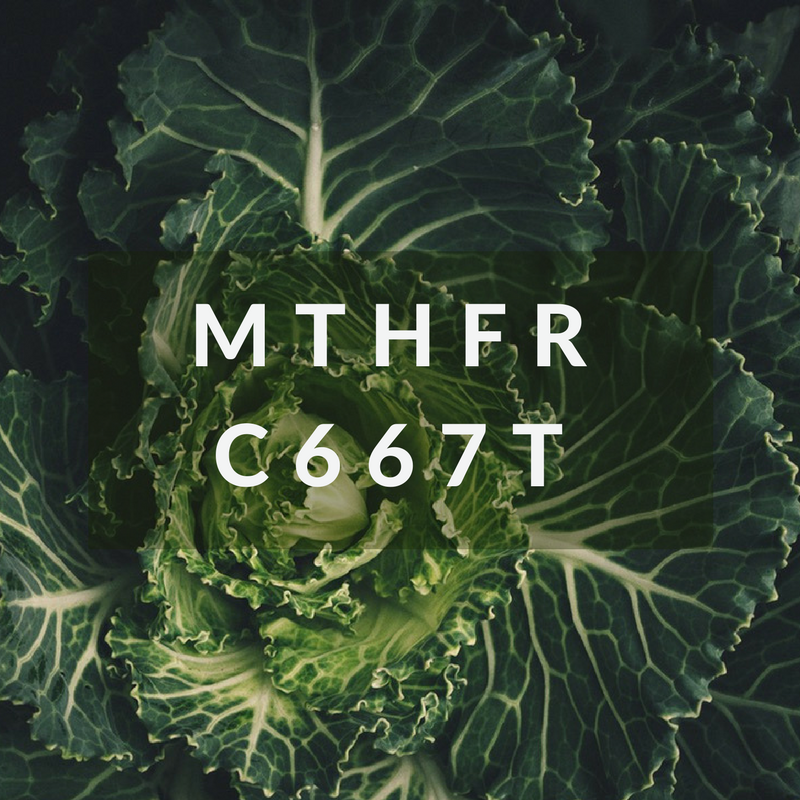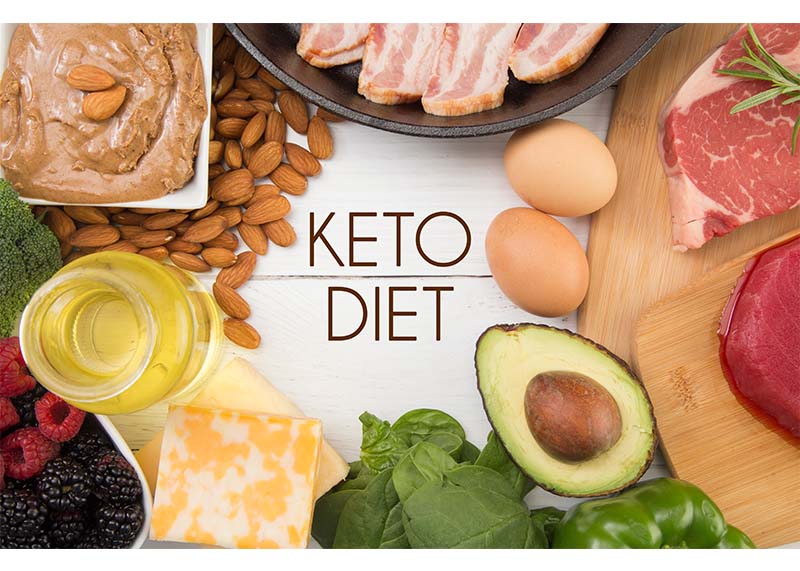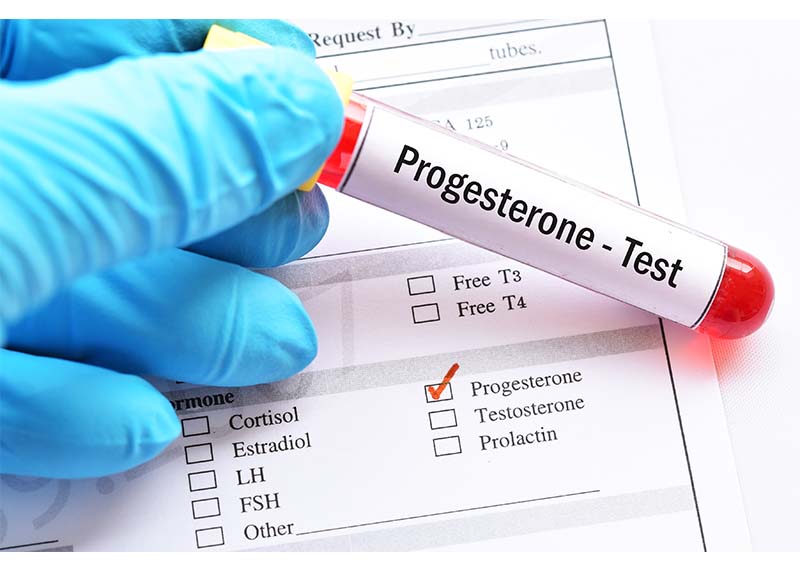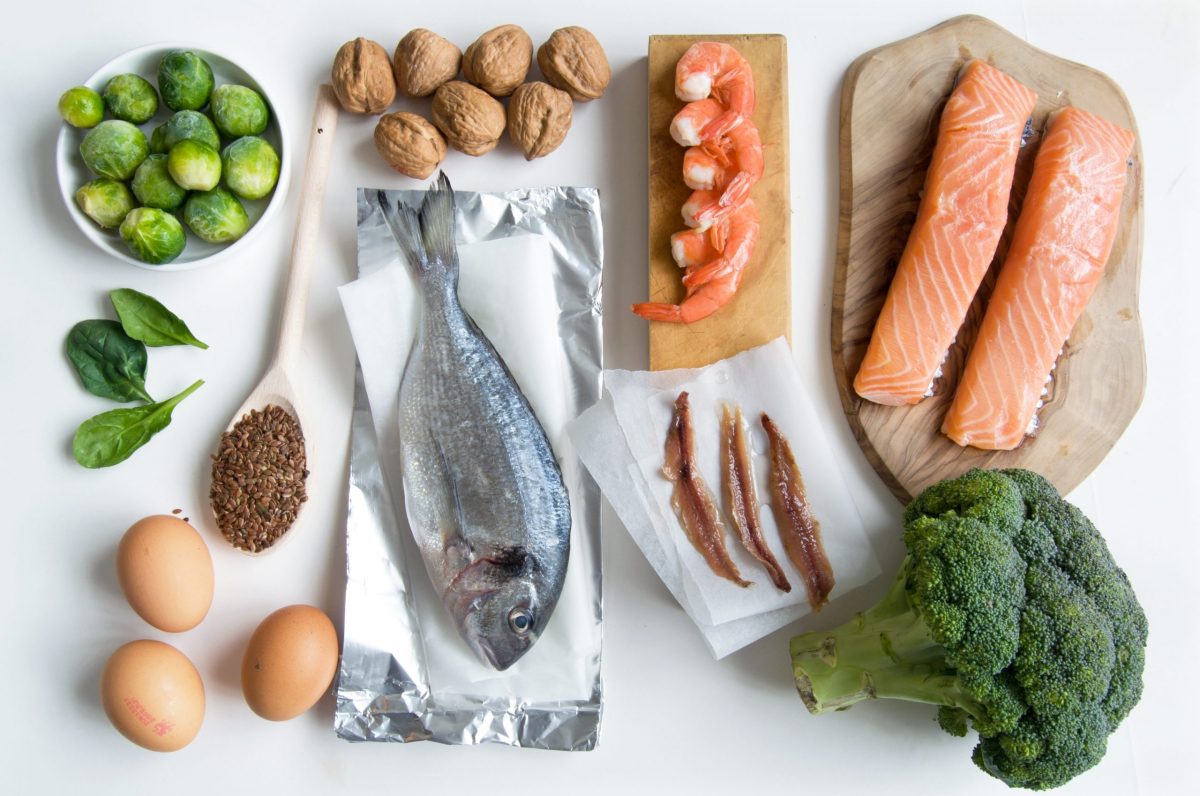What is MTRR?
Methionine synthase reductase (MTRR) is a vital enzyme of the homocysteine/methionine metabolic pathway and is required for the conversion of the inactive form of methionine synthase (MTR) to its active form. MTRR helps recycle B12.
The MTRR enzyme places a methyl group on B12 so it can be used by MTR to convert homocysteine into methionine and requires B2. Variants here may hamper this function. When combined with other variants that impact the absorption and transport of B12, and if the MTR variant exists (which is trying to make it go faster), this function may be impaired.
Lithium plays a role in B12 transport
Foods that contain lithium and [easyazon_link identifier=”B005BP5UCM” locale=”US” tag=”nutrigenom-20″]Trace Minerals Research Concentrace[/easyazon_link] drops for reverse osmosis water or [easyazon_link identifier=”B00MJ18514″ locale=”US” tag=”nutrigenom-20″]Gerolsteiner Water[/easyazon_link] are good sources. According to Dr. Amy Yasko, “Data from the American College of Nutrition suggests that 83% of our population is lithium deficient and recommend a minimum daily intake of at least 1mg/day.”
High B12 supplementation or injections, iodine supplementation, and thyroid medication may increase the need for lithium.
MTRR is inhibited by Alcohol and Sugar/Candida overgrowth
Sugar and yeast (produces acetaldehyde) shut down methionine synthase. Too much methylfolate can lead to high nitric oxide, which can also shut down methionine synthase and trans-sulfuration pathways. Nitric oxide levels tend to be higher in those with immune dysfunction, chemical sensitivity, Lyme’s disease, and fibromyalgia, so high methylfolate supplementation can make these individuals worse.
With MTRR/MTR inhibition, the compensation pathway is BHMT (betaine-homocysteine methyltransferase (betaine to dimethylglycine). Betaine and choline needs go up. B12 and folate may be normal to high in blood work. In time, SAM production goes down. Methyltransferases slow and lead to low creatine, phosphatidylcholine, glycine, sarcosine, carnitine, CoQ10 along with cell membrane damage and ROS (inflammation) levels going up.
The Methylation Cycle: MTRR
Below you can see MTRR in action in the methylation cycle.

